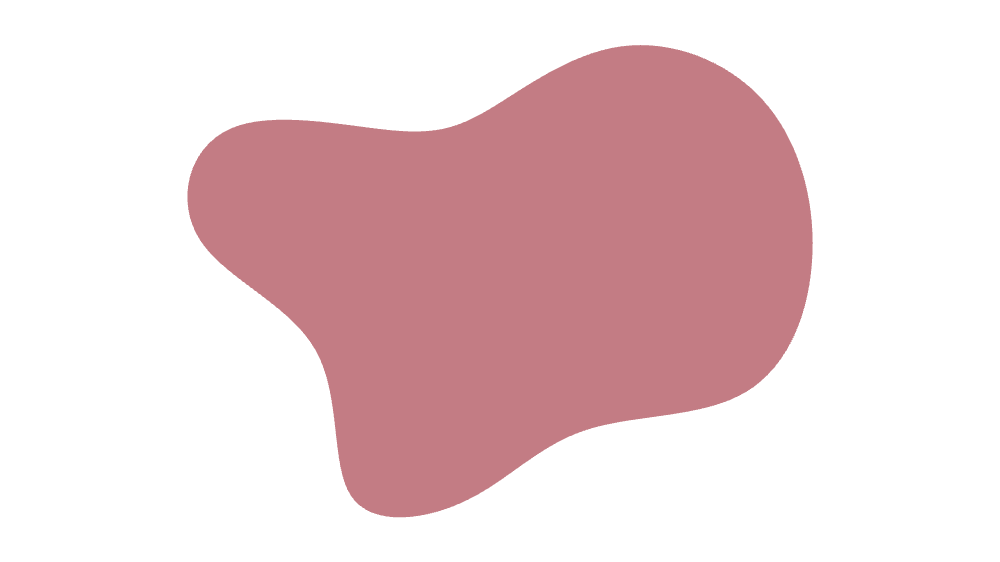Basics of Psychodrama
Role Theory
November 8, 2025 | 9:00 AM - 1:00 PM
967 E Swedesford Rd
Exton, PA 19341
$85
Go beyond “playing roles” and understand the theory that gives psychodrama its depth and power. This training introduces J. L. Moreno’s role theory— a flexible, nonpathologizing framework for human development, mental health, and change— and shows how it can transform your clinical and transformation work.
DATE & TIME
November 8, 2025
9:00 AM - 1:00 PM
967 E Swedesford Rd
Exton, PA 19341
LOCATION
COST
$85
CEUs Available
Role theory is one of the central pillars of psychodrama, yet it’s often overlooked or misunderstood. More than just a technique, it’s a comprehensive theory of human development and functioning that explains why psychodrama works, and how it can be applied with precision and purpose.
In this experiential training, you’ll learn how role theory integrates with sociometry and group psychotherapy as part of J. L. Moreno’s triadic system. You’ll learn how to create a role atom, facilitate role training, and use role theory to identify strengths, challenges, and opportunities for growth. We’ll also connect role theory to contemporary approaches such as Internal Family Systems (IFS), EMDR, and Ego State Therapy so you can bridge it to modalities you may already use.
You’ll walk away able to:
Explain Moreno’s role theory and its application to clinical and group work
Use the role atom to assess and plan interventions
Identify role development stages and how they inform client strengths and needs
Draw parallels between role theory and other parts-based models such as IFS
Through demonstrations, small group activities, and experiential work, you’ll see how understanding the “why” behind the method makes every psychodrama more effective and clinically grounded.
No prior psychodrama experience is required. This training offers CE hours for PA-licensed social workers, counselors, and psychologists, and counts towards certification is RTR/Sociometrics as well as Psychodrama, Sociometry, and Group Psychotherapy.











